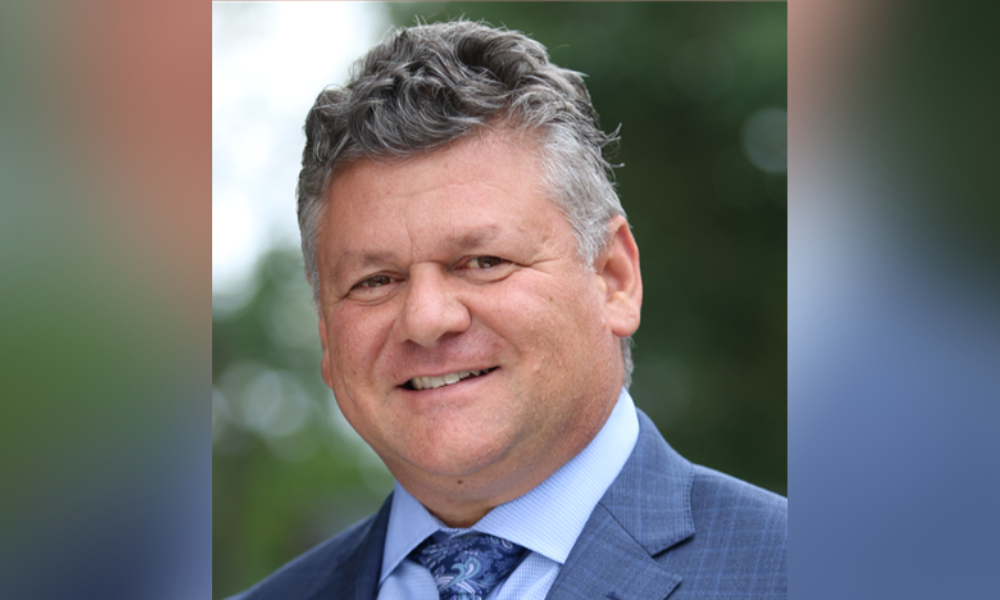[tdc_zone type=”tdc_content”][vc_row][vc_column width=”1/1″]
Trending Now
POLITICS
BUSINESS
ECONOMY
SPORTS
Atlanta’s Dejounte Murray T’d up for ignoring an NBA ref
Looks like we’re handing out technical fouls for impoliteness now.Image: Getty ImagesAtlanta Hawks guard Dejounte Murray found out the hard way...
HEALTH
Why Do I Keep Getting COVID-19 But Those Around Me Don’t?
COVID-19 doesn’t always affect people the same way. If someone gets sick, for example, not everyone in that person’s close social circle will...
TECHNOLOGY
The Xperia 1 VI could be coming soon as Sony announces...
Harley Maranan / Android AuthorityTL;DRSony has announced that an ‘Xperia Special Event’ will take place on May 17.We’re guessing this could be the...
INSURANCE
MOST POPLULAR
Cameron Diaz and Benji Madden Welcome Baby No. 2
Cameron Diaz & Benji Madden Welcome Baby No. 2!The lifestyles of Cameron Diaz and Benji Madden include diaper duties again.After all, the Charlie's...






























